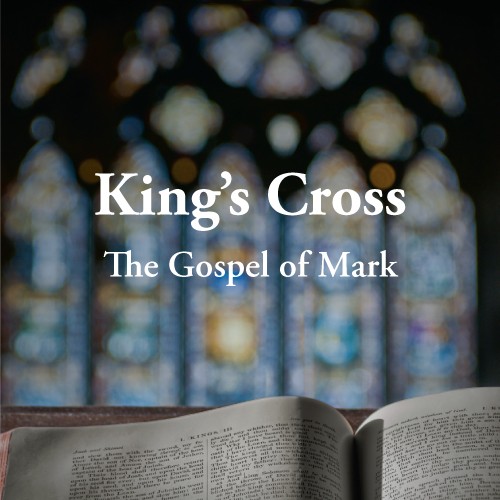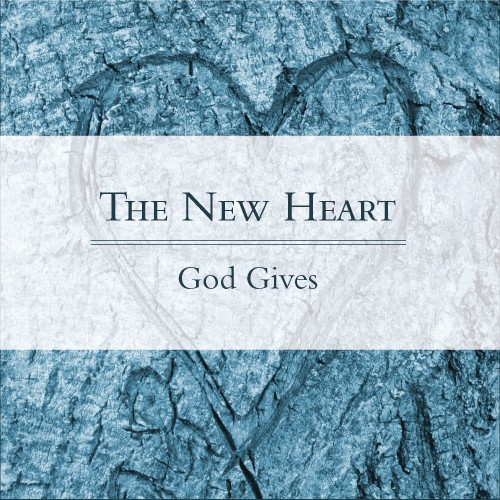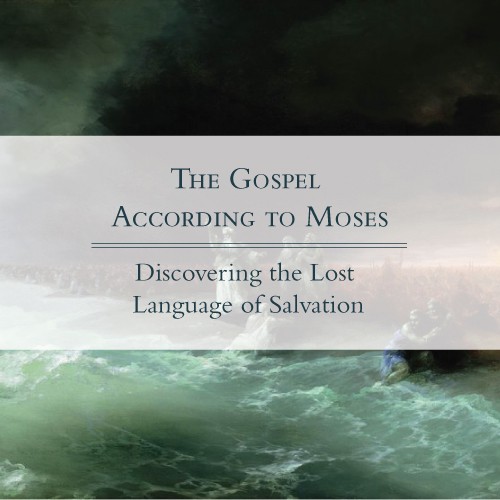
Jesus and Politics 2007
Tim Keller | March 11, 2007
Overview
For the first time, in Mark 15, we have Jesus in front of the political establishment, the Roman state. So we have to ask the question, “What is the relationship of Jesus to politics, of Christianity to the government?”
Pilate asks three questions. He asks Jesus, “Are you king of the Jews?” and, “Why aren’t you fighting back?” Then he asks the crowd, “What shall we do with the king?” The answers to these three questions are a lens by which to explore the relationship of Christianity to politics.
These three answers are 1) the ambiguity answer, 2) the revolutionary answer, and 3) the substitutionary answer.
Outline
Mark 15:1–15
Mark 15 shows Jesus standing before the Roman authorities, sparking a discussion about how the church and government interact, and where Christianity fits within politics. The three questions Pilate asked – “Are you king of the Jews?”, “Why aren’t you defending yourself?”, and “What should we do with the king?” – help us examine these issues. The answers, which are unclear, revolutionary, and sacrificial, help us understand the complicated relationship between Christianity and politics.
1. The unclear answer
Jesus’ conversation with Pilate shows that even though He understands the political impact of His actions, He isn’t a typical political leader. He teaches about the importance of keeping government power in check and always staying faithful to God. This message encourages Christians to question and stand up against governments that try to control everything, using peaceful protest to fight against unfair laws and make the government more in line with God’s rules. The early Christians’ dedication to service, kindness, and making a difference, shown by their care for the poor, widows, and the sick, challenges us today to show the same commitment and willingness to help others.
3. The sacrificial answer
The idea of sacrifice, shown by Jesus’ crucifixion, highlights the life-changing power of selfless love. Jesus’ death, taking on the guilt and sins of others, offers a way to freedom and life. This deep understanding of sacrificial love, beyond just seeing Jesus as an example, motivates Christians to self-sacrifice and inspires them to be agents for social change.




